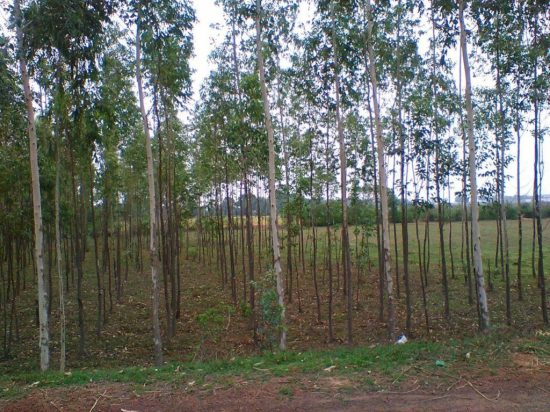The project initiative focuses on carbon sequestration through reforestation of degraded farmlands and supports over 12,000 economically disadvantaged small-holder farmers and tribal communities who lack the resources for independent plantation. Covering 12,437 parcels within seven districts across three Indian states, the project aims to reclaim 14,969.46 hectares of degraded land that could not be developed for agricultural purposes.
Local farmers, unable to afford plantation costs without external support, play a crucial role in the reforestation of these barren lands that have remained barren for decades. The project aims to contribute to poverty alleviation and regenerate environmental degradation (biodiversity conservation and soil erosion control) so as to ensure long term sustainable development.
VCS2404
VCS Registered
Odisha, Andhra Pradesh and Chhattisgarh, India
2,939 Hectares

ARR (Afforestation, Regeneration, Revegetation)
146,998 tonnes CO2

25/06/2001 – 24/06/2031
Poverty reduction and sustainable livelihoods
The project provides biodiversity benefits by reforesting barren land together with sustainable co-benefits for the local communities and includes, in addition to carbon sequestration:
ENVIRONMENT
Prior to the project initiation the lands under this project remained degraded and barren for decades. Eucalyptus being a fast growing species has been chosen to rapidly increase forest coverage, ensure the long term viability of the reforested areas and generate more income opportunities for local farmers. The project also directly contributes to the significant reduction in top soil losses due to wind and water erosion and biodiversity conservation.
SUSTAINABLE DEVELOPMENT
Carbon revenues generated through the project activity will be shared with all participating farmers providing additional financial support and income and ensuring sustainable development and poverty alleviation.
ECONOMIC GROWTH
The project contributes significantly to the improvement of livelihoods of some of the poorest peoples in this region and will enable the regeneration of their smallholdings to generate income while silviculture activities like raising nursery, site preparation, seedling transportation, planting, fencing and maintenance of plantation will provide additional employment opportunities for the local community.



GOAL 1: No Poverty

GOAL 15- Life on Land

GOAL 8: Decent Work and Economic Growth

GOAL 13: Climate Action
One Tribe enables businesses to be more sustainable by funding rainforest protection projects that store carbon from being released into the atmosphere. By enabling customers to protect rainforest when they shop online we also empowers consumers to drive positive change
One Tribe is a Climate Action Platform enabling businesses and their customers to make a positive environmental impact.



Eric currently works as an independent consultant at the intersection of nature and climate, focused on catalysing market and non-market solutions to drive the just transition.
He previously was Head of Product at Earthshot Labs, supporting nature conservation and restoration projects across the global south secure project finance. Prior to Earthshot Labs, Eric led nature-based carbon project development for Gorongosa National Park in Mozambique and founded the Carbon Cooperative, a global alliance of leading nature conservation and restoration practitioners exploring carbon finance. After serving in the Peace Corps in Mozambique out of university, he spent much of his 20s working in community-based conservation and ecosystem restoration efforts in Sub-Saharan Africa interspersed with two startup ventures as co-founder and CEO of a mental health tech startup and COO of a sustainable coffee company. Eric has a dual Masters in Environmental Engineering and Environmental Policy from Stanford University where he was a NSF Graduate Research Fellow and a BS in Environmental Engineering from Tufts University.
Alan is a risk management thought-leader, superconnector, and FinTech pioneer. His mission is to enable an Earth Positive economy which includes nature in global accounting systems.
Alan is Founder of Generation Blue, a venture studio dedicated to planetary game changers powered by exponential technologies. Previously, Alan established Natural Capital Markets at Lykke AG, pioneering blockchain based forestry and carbon backed tokens. Alan has over two decades of risk management experience advising global financial institutions, and was a founding member of the RiskMetrics Group, a JPMorgan spin-off. Alan is an investor and advisor to regenerative impact ventures, including TreeBuddy.Earth, Regenativ, and Vlinder Climate.
Lori Whitecalf made history when she became the first woman to be elected Chief of Sweetgrass First Nation in 2011. She served three terms of office from 2011-2017.
Lori took a two-year hiatus from leadership to expand the family ranch and serve as the FSIN Senior Industry Liaison. She was re-elected on November 29. 2019 and again on November 30, 2021, as Chief of Sweetgrass. Chief Whitecalf practises a traditional lifestyle of hunting, fishing and gathering. She currently sits on the following boards: Saskatchewan Indian Institute of Technology, FSIN Lands and Resource Commission, Battle River Treaty 6 Health Centre and Battleford Agency Tribal Chiefs Executive Council, FSIN Women’s Commission.
Tina is the Chief Business Officer for MLTC Industrial Investments, the Economic Development arm of the Meadow Lake Tribal Council. She has a diverse background of experience. Having spent 15 years as a municipal Chief Operating Officer, 20 years involved in Saskatchewan’s Health Authority Board Keewatin Yatthe and 9 years with Northern Lights Board of Education.
She continues as a Board Member with Beaver River Community Futures supporting small business development in her home region. Tina brings a wealth of experience in a variety of fields and many connections to the Indigenous communities of Northern Saskatchewan. In addition Tina holds a BA Advanced from the U of S, a Certificate in Local Government Authority from the U of R and is certified as a Professional Economic Developer for Saskatchewan and a certified Technician Aboriginal Economic Developer (TAED).
Tootoosis’ career spans 40+ years in HRM, political leadership, and Indigenous economic development, as a dedicated bridge builder and advocate for Indigenous causes.
As a key member of the Saskatoon Regional Economic Development Authority (SREDA) team since 2021, he develops strategies for the Truth and Reconciliation Commission final report and Call to Action #92.
He is a graduate of the First Nations University of Canada and a certified Professional Aboriginal Economic Developer. Spearheading various community initiatives while serving as a Chair of the SIEDN while directing ILDII and WIBF. Founder of MGT Consulting Tootoosis is based in Saskatoon, Treaty Six Territory.
Cy Standing (Wakanya Najin in Dakota) has a long and distinguished career including serving overseas as an Electronics Technician in the Royal Canadian Air Force, former Chief of Wahpeton Dakota Nation, former Vice Chief of the Federation of Saskatchewan Indigenous Nations (FSIN), past Executive Director of Community Development Branch of the Department of Northern Saskatchewan as well as an Order in Council appointment to the Federal Parole Board.
Mr. Standing has served as a Director on many Profit and Non-Profit Corporate Boards, including serving as a Director for Affinity Credit Union with assets of over six billion dollars as well as IMI Brokerage and Wanuskewin and is currently a member of the One Tribe Indigenous Carbon Board.